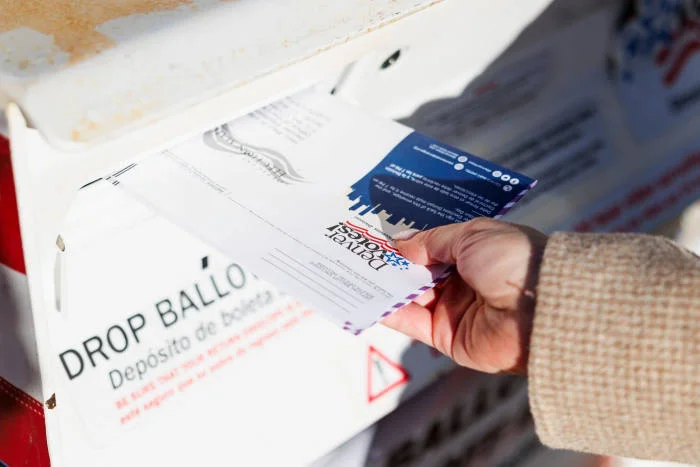
Trump’s Executive Order on Election Integrity Faces Legal Challenges
President Donald Trump's recent executive order aimed at enhancing election integrity by mandating proof of citizenship for voter registration has sparked significant controversy and legal action. The order, titled 'Preserving and Protecting the Integrity of American Elections,' was announced on March 31, 2025, and immediately drew criticism from various quarters.
Several organizations, including the American Civil Liberties Union (ACLU) and the League of Women Voters, have filed lawsuits challenging the order. They argue that it imposes unnecessary barriers to voting and could disenfranchise eligible voters. The lawsuits claim that the executive order oversteps federal authority and infringes on states' rights to manage their election processes.
The White House defends the order as a necessary measure to prevent voter fraud, asserting that it aligns with the administration's commitment to secure and fair elections. Critics, however, see it as a partisan move that could affect the outcome of future elections.
As the legal battles unfold, the debate over election integrity and voter rights continues to intensify, highlighting the deep divisions in American politics.
Related issues news
Is an executive order a law?
An EO is a declaration by the president which has the force of law, usually based on existing statutory powers, and requiring no action by the Congress. They are numbered consecutively, so executive orders may be referenced by their assigned number, or their topic.
How do you prove citizenship?
Copy of U.S. passport (current or expired) Copy of U.S. civil issued birth certificate. Copy of alien registration card. Copy of naturalization/citizenship certificate.